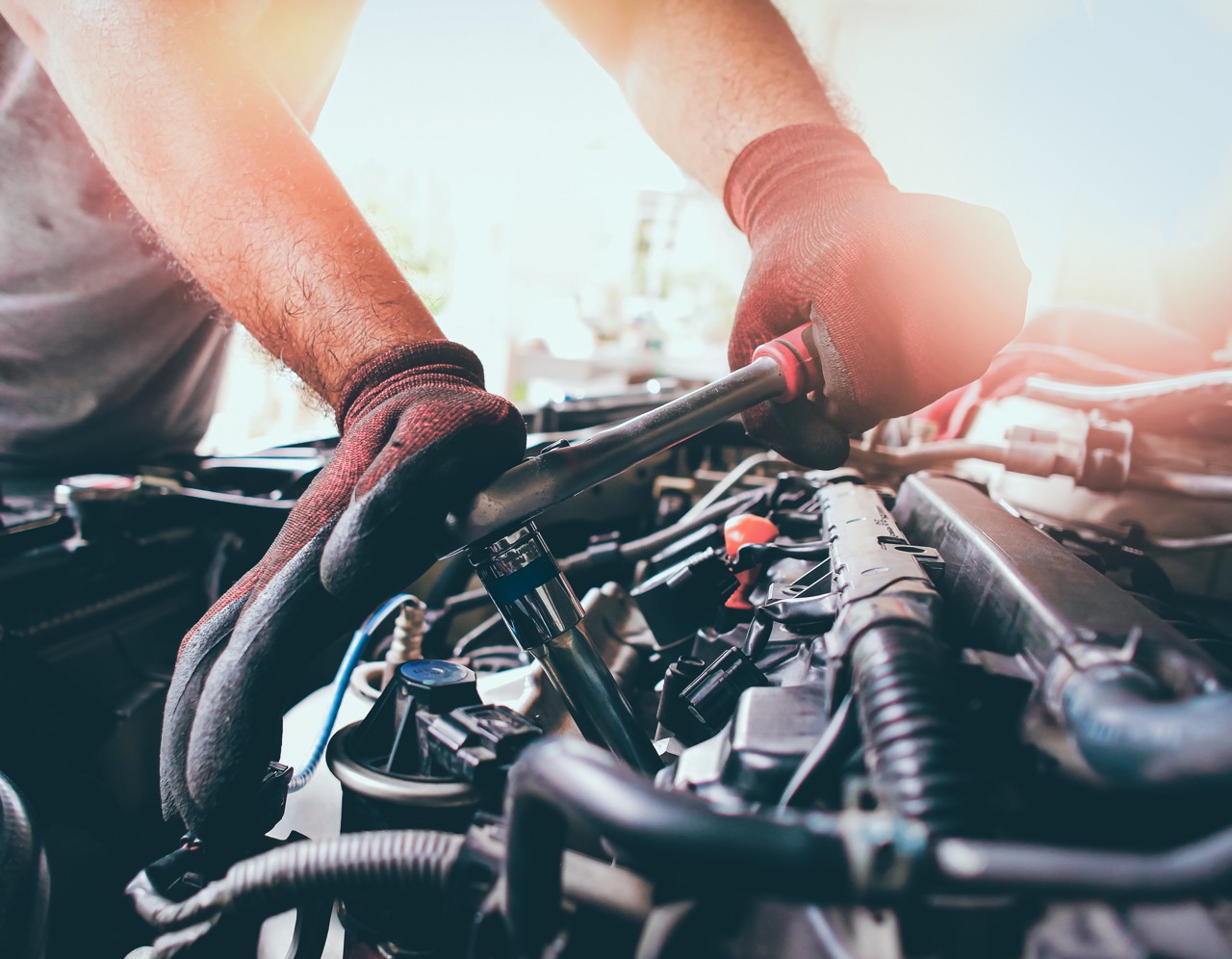
If you want your car engine to run smoothly and efficiently, it is important to perform regular maintenance. Not only will this help your engine last longer, but it can also improve performance and fuel economy. In this blog post, we will discuss the basics of engine maintenance, including how to change the oil and replace the air filter. We will also provide tips on how to troubleshoot common engine problems.
COOLING SYSTEM
The cooling system in an engine is important because it helps to regulate the internal temperatures and transfer heat out of the engine. The cooling system contains different parts, such as the radiator, thermostat, water pump, and coolant. You should check the cooling system before embarking on a long journey.
OIL
Changing engine oil is one of the most important engine maintenance tasks. If you don’t change your engine oil regularly, it can become contaminated and cause engine damage. To change engine oil, you’ll need to purchase the right type for your vehicle’s engine and a few other items like an oil filter wrench or a drain pan. You’ll also want to make sure you have the correct oil level, which can be checked using a dipstick.
AIR FILTER
Another engine maintenance task is replacing the engine air filter. This filter should be changed every few months or according to your vehicle’s manufacturer guidelines. A clogged air filter can cause engine performance problems, so it’s important to keep it clean. To replace the engine air filter, you’ll need to remove the old filter and install a new one that matches your engine’s specifications.
WEATHER
In Utah, the weather can be unpredictable. One day it might be sunny and warm, while the next day it could be cold and snowy. This variability can be a challenge for car engine maintenance. Because engine oil can thin out in warmer weather and thicken in colder weather, it’s important to use the right type of oil for your vehicle. You’ll also want to make sure your engine is tuned correctly for changing weather conditions.
LIGHT
Furthermore, don’t ever dismiss your check engine light! The light might come on for a minor issue like a blown fuse, but other times it indicates a more serious problem. If you’re not careful, ignoring the warning could result in your engine overheating while you’re driving!
Finally, if you experience engine problems, it is important to troubleshoot them as soon as possible. Common engine issues include
- Cranks that won’t start
- Engine stalling
- Slow engine acceleration
You’ll need to inspect the engine for worn or damaged parts to troubleshoot engine problems. You should also check for any loose connections or clogged fuel lines.
Following these engine maintenance tips can help keep your car engine running smoothly and efficiently. Regularly changing engine oil, replacing the air filter, and troubleshooting engine issues can help improve engine performance and fuel economy. If you have any questions or need help with engine repair, contact an experienced car mechanic for assistance. They can provide professional advice and services to ensure your engine runs optimally.
By taking the time to maintain your car engine, you can keep it running smoothly and efficiently for years to come. If you want your vehicle to perform at its best, make sure to stay on top of engine maintenance and repair tasks. Keeping up with engine maintenance can help save you money in the long run by preventing costly engine repairs or breakdowns.
Related Posts
Key Takeaways On average, passenger vehicle tires last 40,000 to 60,000 miles, depending on type, driving habits, and maintenance. Replace tires when tread depth reaches 2/32”, if damaged, or older than 10 years. Regular rotation, alignment, and proper inflation extend tire life. Aggressive driving, poor roads, and harsh weather shorten tire lifespan. Take advantage [...]
When you think about car maintenance, you probably focus on oil changes, tire rotations, and maybe even brake pad replacement. But what about your brake fluid? If you’ve ever wondered, “What does brake fluid do?” or “Why is brake fluid important?”, you’re not alone. Brake fluid might not be the most talked-about part of [...]
Is that high-pitched squeal from your brakes driving you—and everyone else—crazy? Don’t ignore it. Squeaky brakes aren’t just annoying, they’re your car’s way of saying something needs attention. Whether you're cruising through Salt Lake City or winding up Idaho’s mountain passes, here’s what’s likely going on, how you can fix it, and when it [...]





